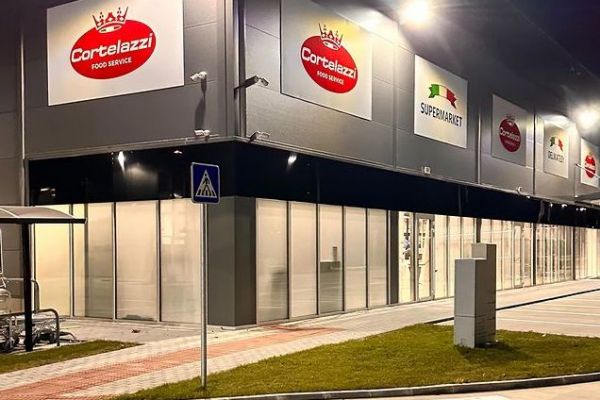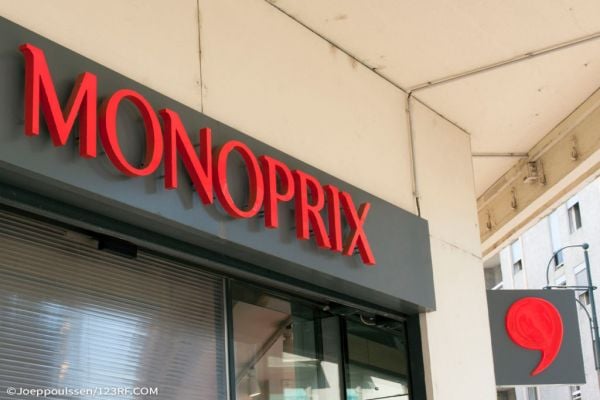Falling oil prices probably pushed the Czech economy into its first case of deflation since 2009, reinforcing a weak-koruna policy at the central bank that is under attack from President Milos Zeman.
Consumer prices fell 0.1 per cent in February from a year earlier, according to the median estimate of nine analyst polled by Bloomberg before the data’s release on Monday. That compares with January’s 0.1 per cent price increase and the Czech National Bank’s 2 percent target.
Deflation risks deepening a row between the bank and the president, who has repeatedly criticized policy makers’ decision in 2013 to weaken the koruna and cap future gains at 27 per euro to prevent falling prices from hurting the economy. The currency gained toward the limit on Thursday, when the Prague-based newspaper Pravo reported that Zeman promised to appoint central bankers who will “rectify the wrong” policy.
“Negative inflation should strengthen the central bank’s commitment and curb speculation, unjustified in our view, that the floor could be abolished prematurely,” Marek Drimal, an economist at Komercni Banka AS in Prague, said by phone on Friday. “There will be no board changes until mid-2016.”
Rate setters have repeatedly said the currency policy has prevented an economically damaging slump in prices and they are ready to weaken the koruna further if necessary. No immediate policy reaction is needed to counter the direct impact of the declining oil price on inflation, the central bank said a month ago.
Cheaper Oil
The koruna slid 0.2 per cent on Friday to 27.34 against the euro. It strengthened as much as 0.8 per cent a day earlier following Zeman’s comments.
At their monetary meeting on Feb. 5, policy makers extended their pledge to keep the cap until the second half of 2016 and kept the benchmark interest rate at 0.05 per cent, saying the European Central Bank’s quantitative-easing plans are obscuring the Czech inflation outlook. Governor Miroslav Singer said the koruna cap may be adjusted to a weaker level if deflationary tendencies persist.
Falling transportation prices, driven by cheaper oil, probably contributed 0.3 percentage point to the annual drop in consumer prices in February, said Radomir Jac, chief economist at Generali Ppf Asset Management in Prague. Their effect on total price growth was tamed by rising food prices, while prices of goods and services in the core consumer basket were little changed, he added.
Positive Shock
“Cheaper oil so far there hasn’t led to spillover deflationary effects on other prices,” Jac said by phone. “It is a rather positive supply shock, which will help the economy.”
Zeman is scheduled to choose the successor to Singer, the current koruna policy’s main advocate, in July 2016 and pick three more bankers for the seven-member board by the end of his first term in 2018. The president signaled on Feb. 20 that board member Jiri Rusnok is an “excellent” candidate to lead the bank after Singer.
Still, the central bank won’t ditch the cap before October next year, according to 11 of 13 economists polled by Bloomberg on Feb. 20-25, including five who see the policy extended until 2017. Two predicted an exit in the third quarter of 2016.
“We may see negative inflation numbers for a few coming months,” Jac said. “But this is a benign kind of deflation and it shouldn’t prompt any changes to the koruna policy.”
News by Bloomberg, edited by ESM














